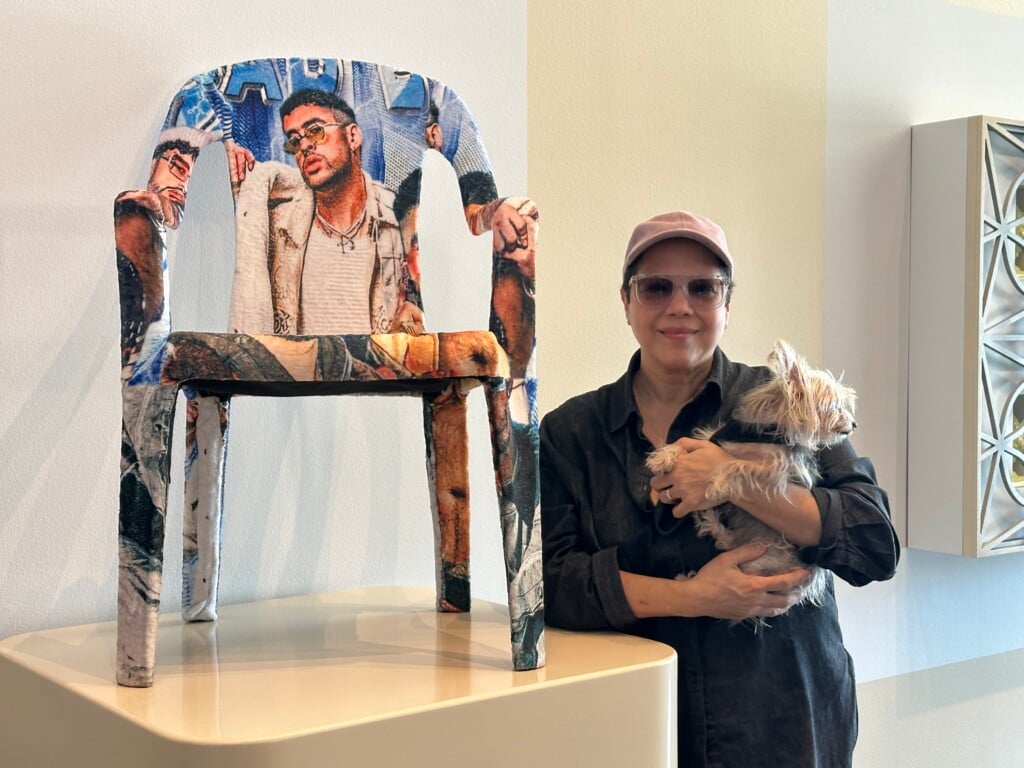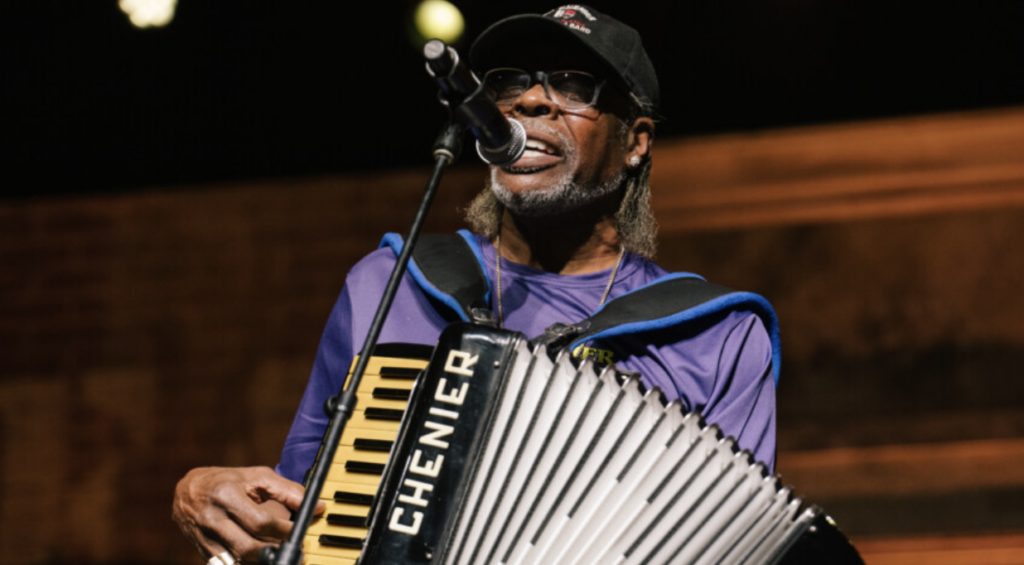Swimming Upstream

Leftover Salmon is the musical equivalent of the atomic clock: steady, consistent, dependable. Able to withstand nuclear holocaust and the whimsical winds of pop music. In a world of constant change, the genre-bending slamgrass outfit is as regular as sunset when the house lights go down and the spotlight comes on.
But take the band away from the stage and its members are just as vulnerable to the twists and pulls of fate as any other group of mere mortals. Maybe even more. In fact, the band has been racked with change in recent years. But with pain comes growth, and with change comes opportunity.
“You grow from it,” says mandolin player and guitarist Drew Emmitt on the weekend before he hits the road for Salmon’s spring run. “You discover new things and new ways to go about your life. As a musician, you discover new ways to go about your music. It’s a positive thing, but it’s not always easy.”
Little has been easy lately for Leftover Salmon. Though the band has maintained a strong national presence since its formation in 1989, the past two years have found Emmitt and the group’s cofounder, Vince Herman, in a nearly constant state of flux. At the center of the maelstrom is the loss of banjo player Mark Vann to cancer two years ago, which triggered an overhaul in the band’s outlook as well as its personnel.
“Leaving the past behind can sometimes be difficult, especially [with] the kind of changes we’ve been through,” Emmitt explains. “Losing Mark was a big thing. He commanded a lot of psychic space. Onstage, he was great to play with. The two of us played off each other a lot, and we would sort of take turns blowing up on each end of the stage. We really inspired each other that way.”
After Vann’s death, Emmitt and Herman infused the band with fresh talent — including keyboardist Bill McKay, bassist Greg Garrison, drummer Jose Martinez and Noam Pikelny on banjo. The additions only served to further fuel Salmon’s faithful following. But it is the determination of Emmitt’s fallen bandmate that has continued to spur the band onward in the two years since.
“There’s a part that says to keep going, keep doing it and not to give up,” Emmitt says. “Mark always said, ‘Well, we’re getting there.’ That was a famous quote from him, especially in the days of [touring in a] school bus — nine weeks on the school bus, going down the highway and feeling like, Oh my God, what are we doing? ‘Well, we’re getting there.’ That was Mark.”
But even the most determined souls need to cop a break every now and then, a lesson that the road warriors in Leftover Salmon have adopted as a crucial component of the band’s energy and longevity.
“This last tour — which was pretty much the entire month of February, 28 shows or something — really tested us,” Emmitt admits. “The only thing that keeps us going and makes us want to get on the bus again is a good break at home, spending time with family and friends. Doing things we love to do that are completely separate from the band. Without that good downtime, you won’t last long in this business.”
Then again, not every moment spent at home is downtime. Much of the past year was spent recording the band’s first studio album since 1999. The self-titled release, made without the cavalcade of guest talent that has marked previous efforts, is the band’s declaration of independence. Yet it still showcases the range of styles that makes up the band’s sound, from the album’s neotraditional opening cut, “Down in the Hollow,” to the blues-rock shuffle of “Just Keep Walkin’.”
“There’s definitely been a learning curve,” Emmitt says of the band’s progression. “In the studio, everybody’s in this fishbowl where you want to get everything just right. You have to play a lot of different styles. It’s not like a funk band or a rock band or even a bluegrass band. I think at first it was a bit of a stretch, but now I’m feeling like we’ve really come together.”
Yet playing a variety of styles for the sake of eclecticism alone isn’t necessarily Leftover Salmon’s bag, and Emmitt believes the “jam band” tag does his group no favors.
“Lumping everybody together in a jam-band category really sells bands short,” Emmitt says. “It gets hard to put everybody in the same box. We focus on songs and lyrics and arrangements — a lot of our songs are three to five minutes long — yet we’re still considered a jam band. We just happened to start out at the time before the big jam-band thing really started happening. We just kind of got lumped into it like a lot of other bands have.”
The band members take the generalities and the criticism and the good times and the bad times in stride because their music is their anchor. Whatever changes may come.




